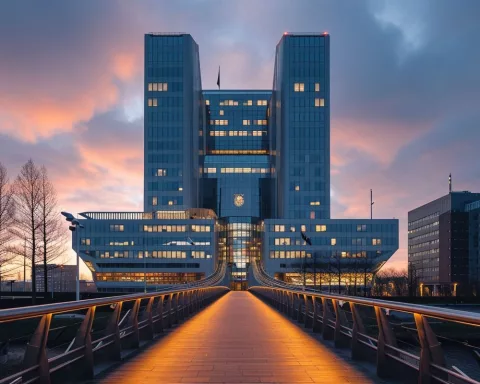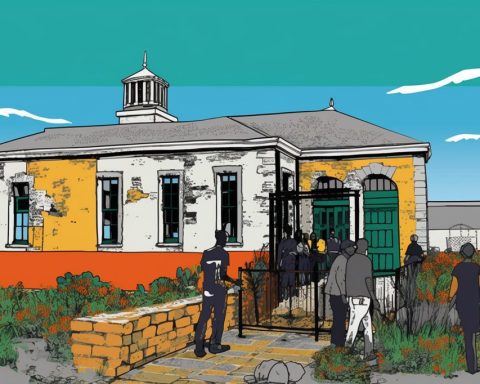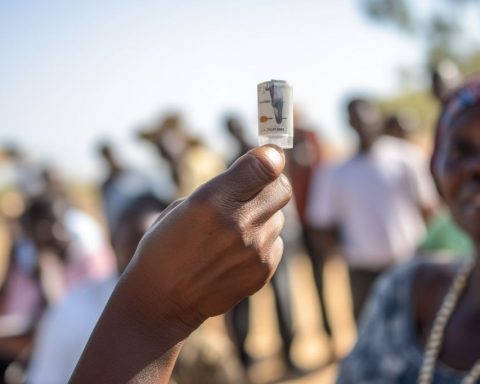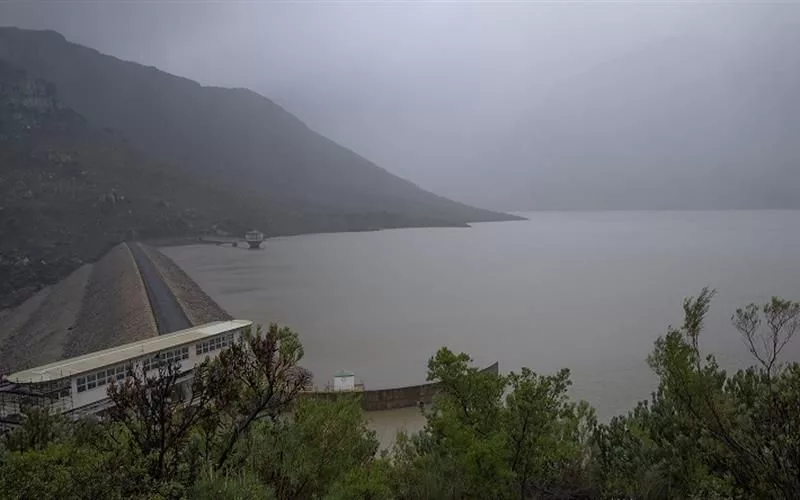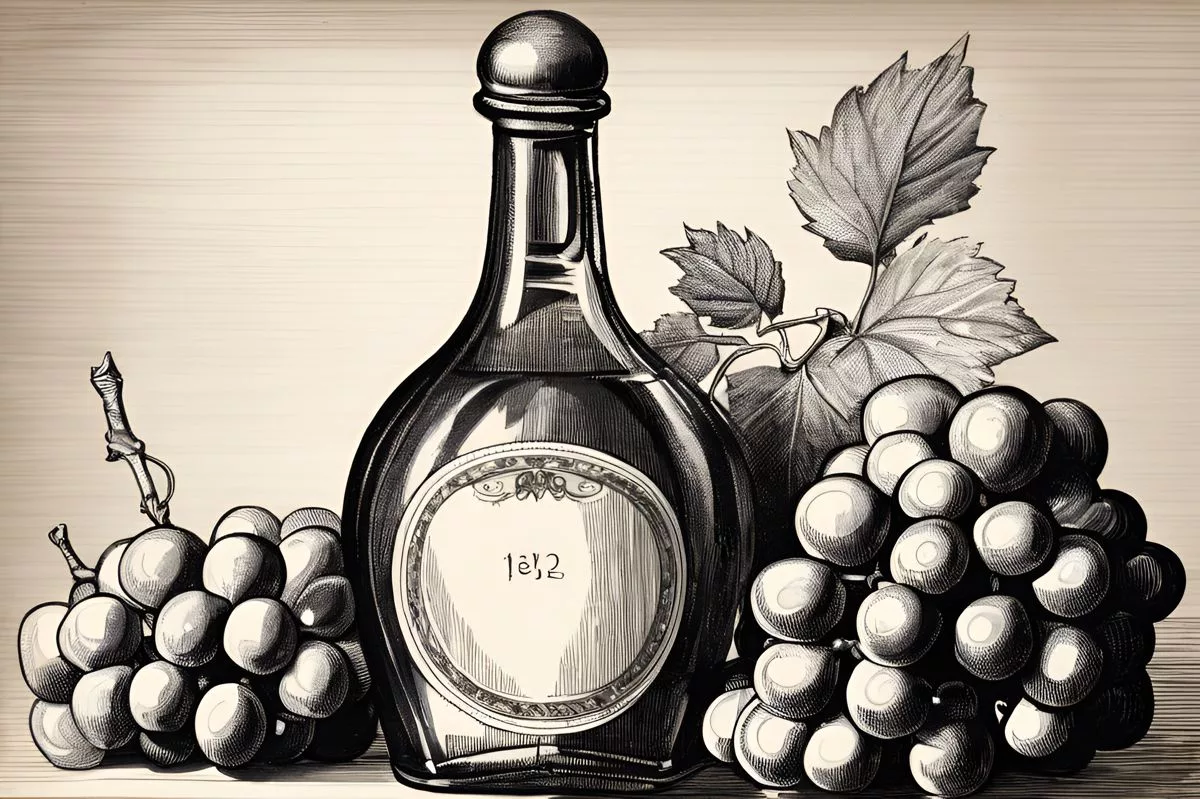The Seventh Parliamentary term in South Africa has brought about a significant transformation through the Joint Rules Committee. This Committee is responsible for outlining the composition of multiple committees, including the Joint Committee on Ethics and Members’ Interests, the Parliamentary Group on International Relations, and the Joint Standing Committees on Defence, Financial Management of Parliament, and Intelligence. The Parliament encourages citizen engagement and transparency, with opportunities for citizens to attend debates, arrange tours, and make inquiries.
The Role and Function of the Joint Rules Committee
The Joint Rules Committee determines joint structures after the inauguration of a new Parliament and outlines the composition of multiple committees. These include the Joint Committee on Ethics and Members’ Interests, the Parliamentary Group on International Relations, and the Joint Standing Committees on Defence, Financial Management of Parliament, and Intelligence. Its members are from both the Rules Committee of the National Assembly and the Rules Committee of the National Council of Provinces.
As we embrace the Seventh Parliamentary term, the Parliament’s Joint Rules Committee has ushered in a significant transformation. The Committee’s approval on July 30, 2024, to set up the Joint Rules structures for the forthcoming period, marks the commencement of an epoch characterized by enhanced parliamentary efficiency and accountability. These elements are fundamental in preserving a democratic society.
The Role and Function of the Joint Rules Committee
The Joint Rules Committee is a crucial part of the nation’s political apparatus. It operates within the legislative purview of Section 45 of the Constitution and Joint Rule 109. The Committee’s lineup includes members from both the Rules Committee of the National Assembly (NA) and the Rules Committee of the National Council of Provinces (NCOP).
The Committee’s main responsibility is to determine joint structures following the inauguration of a new Parliament. To this effect, it outlines the composition of multiple committees. These include, but are not limited to, the Joint Committee on Ethics and Members’ Interests, the Parliamentary Group on International Relations, and the Joint Standing Committees on Defence, Financial Management of Parliament, and Intelligence.
Joint Committees and Their Representation
Under Joint Rule 158, the Joint Committee on Ethics and Members’ Interests comprises members in proportion to their representation in the NA, along with nine NCOP delegates. However, as we usher in the Seventh Parliament, the Joint Rules Committee has decreed that this Committee will now include 20 members – 11 from the NA and nine permanent delegates from the NCOP.
The Parliamentary Group on International Relations for the Seventh Parliamentary term will consist of nine NA members and four permanent NCOP delegates. Additionally, the Joint Standing Committee on the Financial Management of Parliament, as per Rule 147, will include nine NA members and five permanent delegates from the NCOP.
Committees: Defence and Intelligence
In matters of Defence, the composition of the Joint Standing Committee on Defence is determined by Section 228(3)(a) of the Interim Constitution. This clause necessitates the formation of a Committee comprising members of all political parties holding more than 10 seats in the National Assembly, provided they agree to participate. The membership is guided by Section 228(3)(c), resulting in a structure of 17 members – 11 NA members and six permanent NCOP delegates.
The Joint Standing Committee on Intelligence, under the auspices of the Intelligence Services Oversight Act, will comprise 11 members. The Act permits up to 15 Members of Parliament to be appointed based on proportional representation. However, if the total number of seats allocated to political parties is less than 15, the remaining seats are not designated to any party. Still, the committee is regarded as duly constituted. Moreover, the Act stipulates that no Member of Parliament can be appointed to the Committee without first obtaining a security clearance.
Public Involvement and Transparency
The Parliament, entrusted with the potent responsibility of approving the nation’s annual budget and determining fund allocation for government departments, continues its active efforts to solicit citizen participation in the democratic process. Citizens are provided with opportunities to arrange tours, attend debates, or make inquiries, thus directly engaging with the democratic mechanism.
The Seventh Parliamentary term also brings to the fore prominent figures such as Mr. Velenkosini Fiki Hlabisa of the Inkatha Freedom Party. As Parliament evolves, so does its dedication to transparency and public engagement. The very foundation of a republic lies in the voice of its citizens, and the Parliament of the Republic of South Africa continues to honor this principle with utmost diligence and respect.
What is the Joint Rules Committee responsible for?
The Joint Rules Committee is responsible for outlining the composition of multiple committees, including the Joint Committee on Ethics and Members’ Interests, the Parliamentary Group on International Relations, and the Joint Standing Committees on Defence, Financial Management of Parliament, and Intelligence.
Who are the members of the Joint Rules Committee?
The Joint Rules Committee is comprised of members from both the Rules Committee of the National Assembly and the Rules Committee of the National Council of Provinces.
How are joint committees represented?
Joint committees are represented based on their proportional representation in the National Assembly, along with permanent delegates from the National Council of Provinces. For example, the Joint Committee on Ethics and Members’ Interests comprises members in proportion to their representation in the National Assembly, along with nine National Council of Provinces delegates.
What is the role of the Joint Standing Committee on Defence?
The Joint Standing Committee on Defence is responsible for matters related to national defense. It comprises members of all political parties holding more than 10 seats in the National Assembly, provided they agree to participate, and is guided by Section 228(3)(c), resulting in a structure of 17 members – 11 National Assembly members and six permanent National Council of Provinces delegates.
How can citizens engage with the parliamentary process?
The Parliament encourages citizen engagement and transparency, with opportunities for citizens to attend debates, arrange tours, and make inquiries. This allows for direct engagement with the democratic mechanism.
Who are some of the prominent figures in the Seventh Parliamentary term?
The Seventh Parliamentary term has brought to the fore prominent figures such as Mr. Velenkosini Fiki Hlabisa of the Inkatha Freedom Party.


